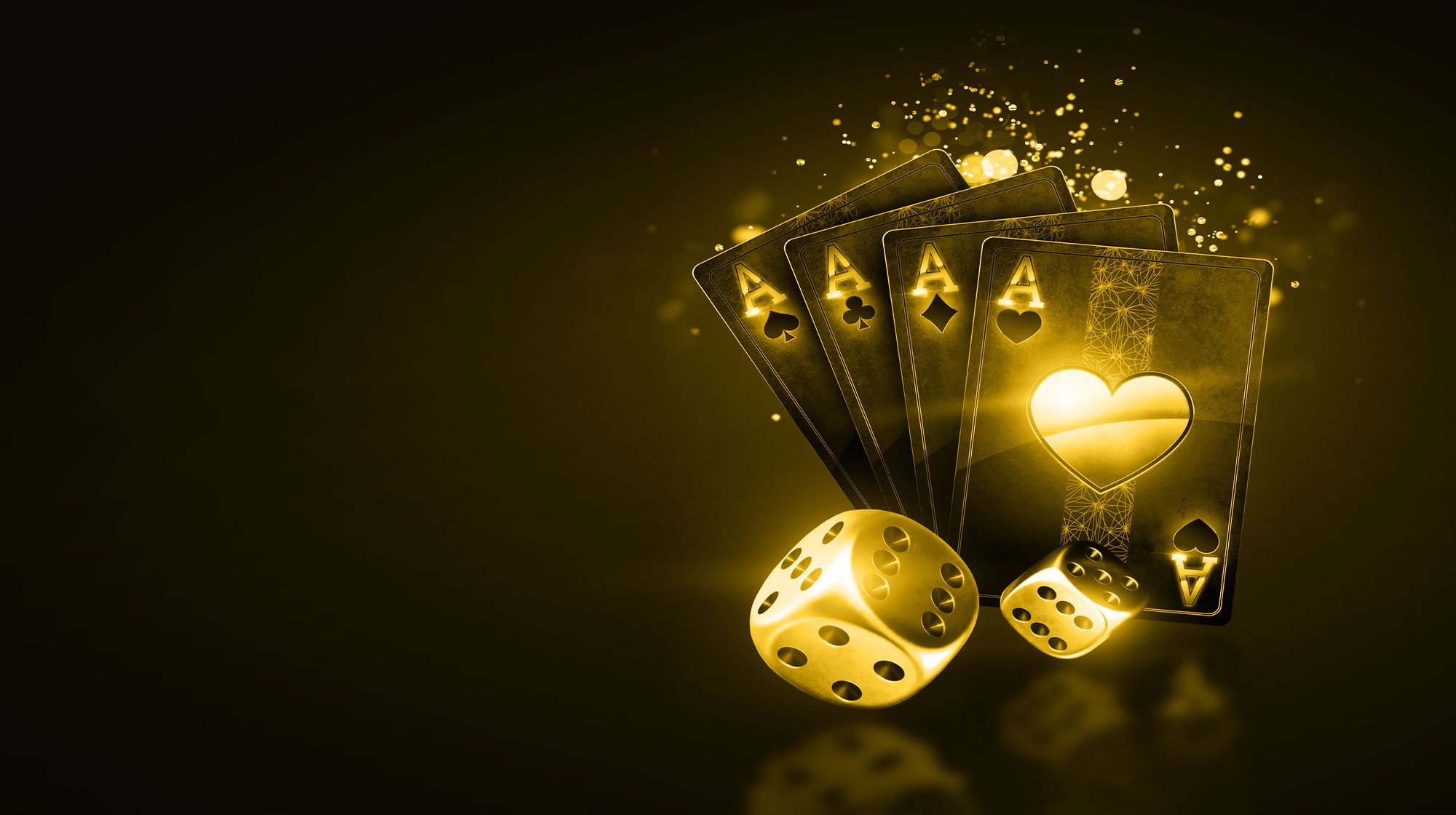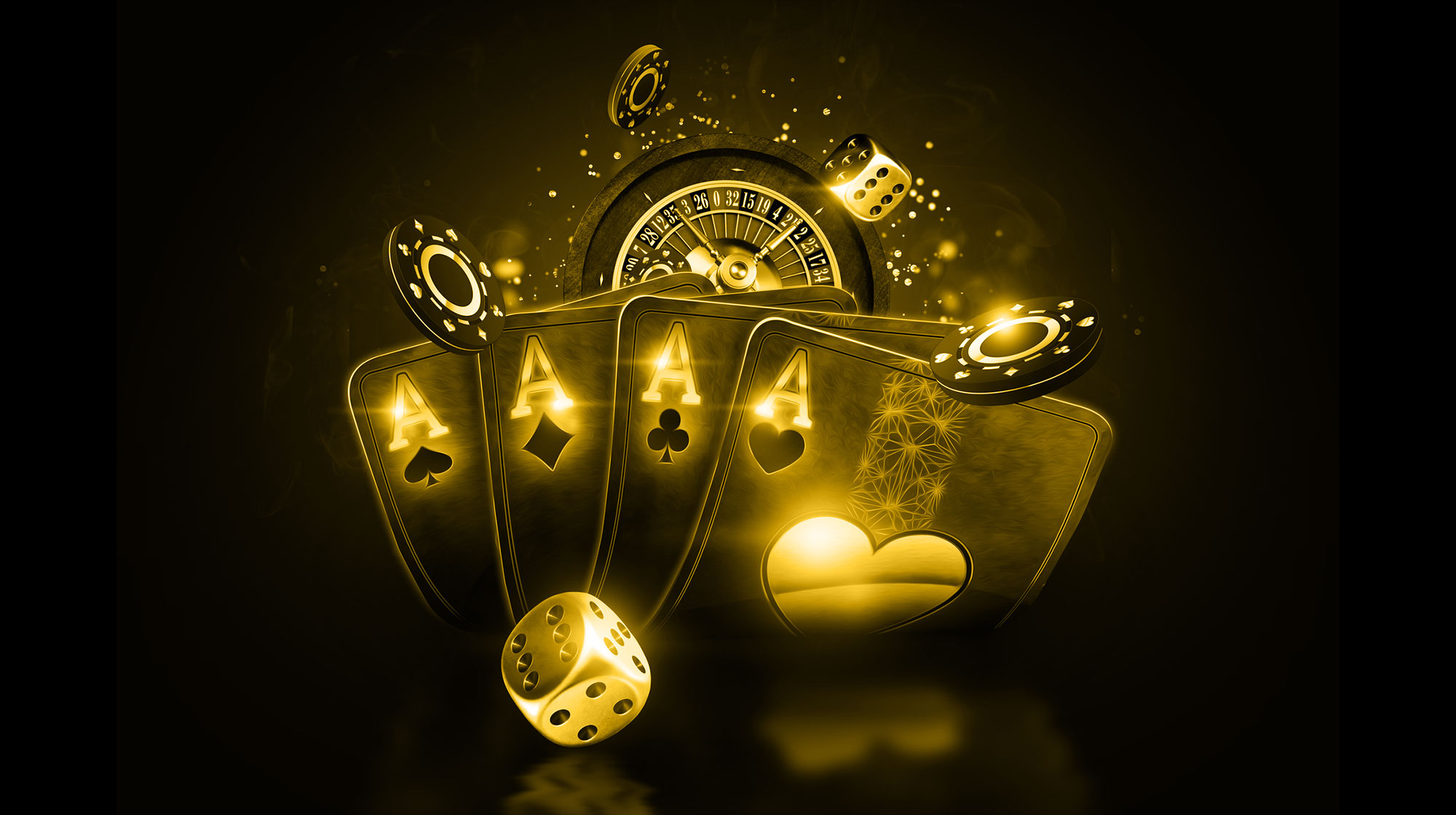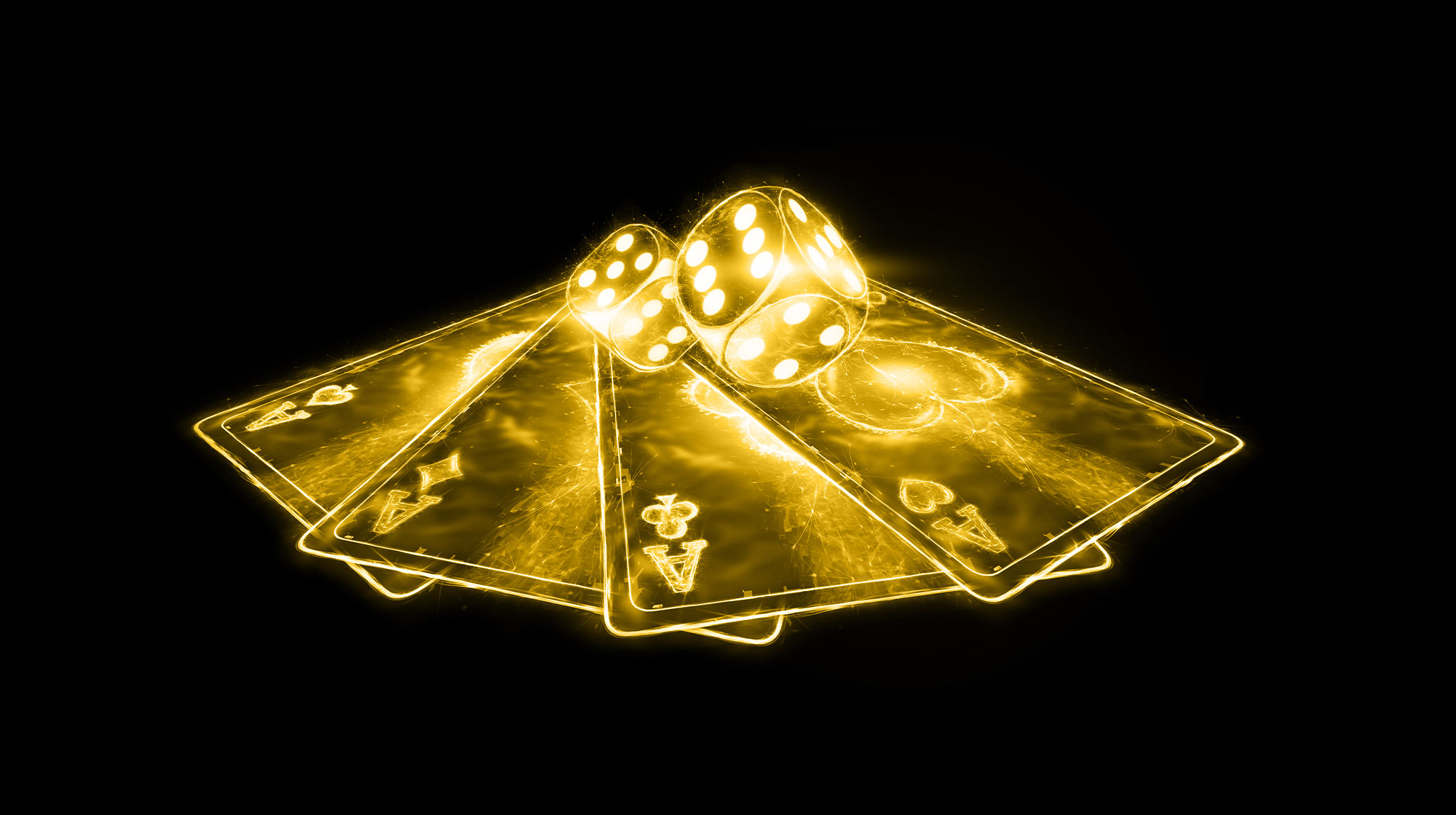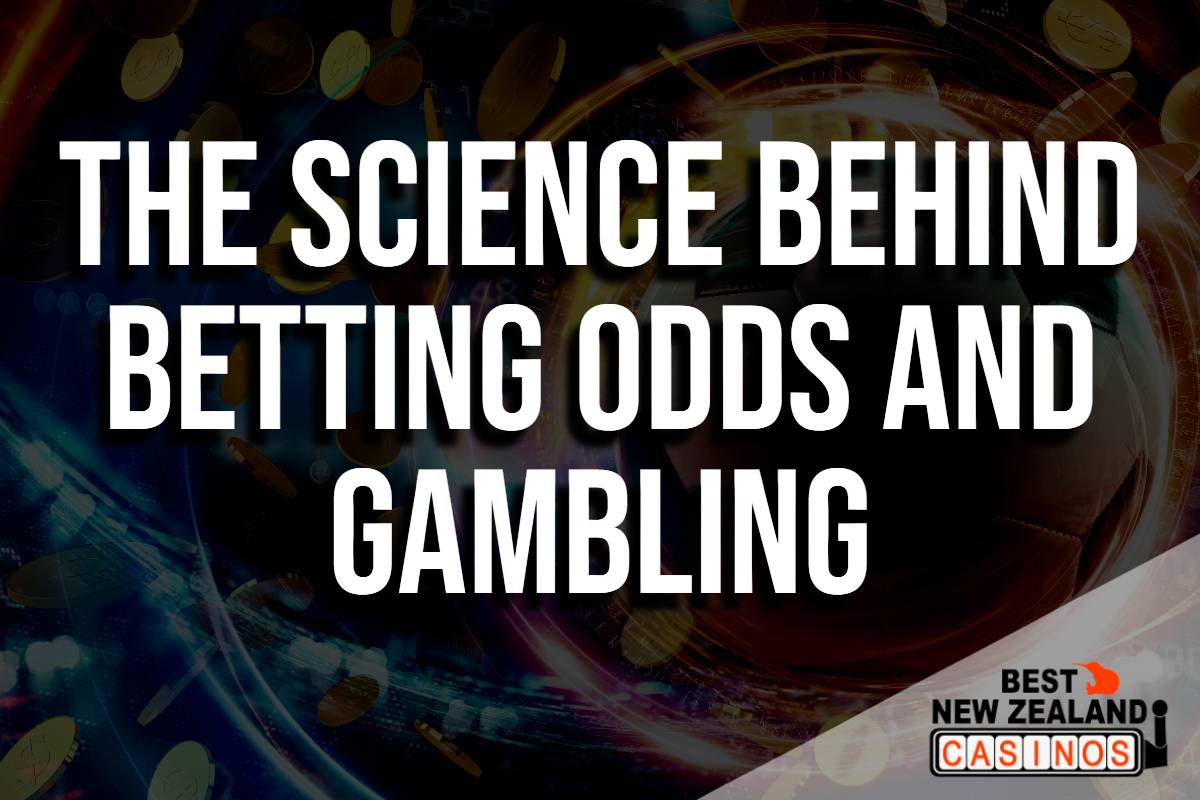


- Online Casinos
- The Science of Betting Odds and Gambling
The Science of Betting Odds and Gambling
Table of Contents
What are Betting Odds?
Many newbies join an online casino and need to learn what betting odds are. Still, as it is essential to know this information to maximize your success rate, our article will explain it in an easy-to-understand way. There is a mathematical model behind betting odds and gambling, and the maths will determine whether a wager is worth pursuing. There are three distinct types of odds: Decimal, Fractional, and American, or Moneyline and horse racing is a sport that benefits from fractional odds. Online sportsbooks use these odds to present probabilities so punters can decide whether to place a bet. The house always wins because the bookie’s profit margin is factored into the odds.
Online sports betting odds are presented as a percentage or fractional odd, for example, 9/1.
Broken down, this can be calculated as 1 / (9+1) = 0.10, or in this case, a 10% chance of a win. Odds also indicate that for every NZ$1 bet, the punter will get back NZ$9. To get a Decimal odd, in our example, multiply NZ$9 by 10, which gives a win of NZ$80. Many punters enjoy decimal odds as they are more straightforward.
Another term that online bettors should know about is the probability of something happening. There are six outcomes when you roll a dice, so the probability or odds of rolling a six, for example, is 16.67%. Moneyline odds are used in baseball and boxing, representing the amount of money you will have to bet to win £100 on an event. In Europe, Decimal odds are most commonly used and represent the amount of money you will win if you bet NZ$100 on a sports event.

Converting Odds to Implied Probabilities
Although online sports betting odds seem very complicated, it’s easier to understand when you start at the basics. As we’ve mentioned, fractional odds, also called British odds or traditional odds, are written as a fraction, like 6/1. Odds can also be expressed as a ratio, like six-to-one. Decimal odds represent the amount won for every NZ$1 that is wagered. For example, if the odds are 3.00 on a horse racing event, and the horse wins, the payout is NZ$300 for every NZ$100 wagered.
American odds are accompanied by a plus (+) or minus (-) sign, a plus sign indicating a lower probability event with a higher payout, and vice versa. Users will also find tools to help them make quick conversions between the three types of odds.
Implied probability is an important term for online sportsbooks, and whether individual game lines, futures, propositions, or live betting markets, this is a term you should know about. To convert odds to implied probabilities, you can use this formula: Odds = 100. For example, if a sportsbook gives the Commanders a 50% chance of winning their next match, the implied probability would be 100/(100/50) = 0.66 or 66%. In sports betting markets, the implied probability is traditional odds into a percentage, which expresses the odds as the “true odds” of a sports event.
In another example, imagine you and a friend flip a coin, and both get paid when the coin lands on heads or tails (+100). You bet NZ$100 per flip and win NZ$100 when the coin lands on heads, while your friend will win NZ$100 when the coin lands on tails. The implied probability is NZ$100/NZ$200, or 50%. Now let’s change the payouts by assuming your friend gets paid +200, or NZ$200, for every time the coin lands on tails, but you still only get paid NZ$100 for heads. The implied probability remains the same at 50%, but the implied probability of tails landing is only NZ$100/NZ$300, or 33.33%.

Why Does the House always win?
If there’s one certainty, nothing is left to chance with NZ online gambling. The house always comes out as the winner, and this is because casinos are businesses with a business model in place designed exclusively to ensure their profitability. A company that does not make a profit would not survive, and online gambling platforms have several built-in advantages to ensure that the house always wins in the end. These advantages are called the House Edge, and it represents the average gross profit expected to be made from each game. The house edge varies among the different types of casino games, with Blackjack the lowest and keno the highest.
No matter what games you try, the odds of the casino winning will always be greater than the odds of winning, and that’s because all the pokies and casino games are designed to provide the casino with a built-in edge. The House Edge represents the average gross profit that the casino makes from each game, which can range from 0.5% to over 2%, and up to 15% to 40% depending on the game.
But that’s why online casinos are as popular as they are. Even with a House Edge to worry about, each player will get the chance to win big payouts as the games are designed with Random Number Generators (RNG) to ensure the same fair result. Plus, many online casino players log in to enjoy online entertainment and have fun, with an excellent chance of occasional real money wins.
Conclusion
According to the Journal of Gambling Studies, the more hands you win, the less money you’re likely to collect. But science is not statistics, and in the real world, online casino players win every day and take home great wins. Some players will land six, and seven-figure wins; others will win at table games or bingo games; gambling is a game of chance. Whether you indulge in casinos or sports, Kiwis have some of the best online gambling venues on our pages. Start today, choose your favorite casino or sportsbook, register, and grab a bonus and free spins.

